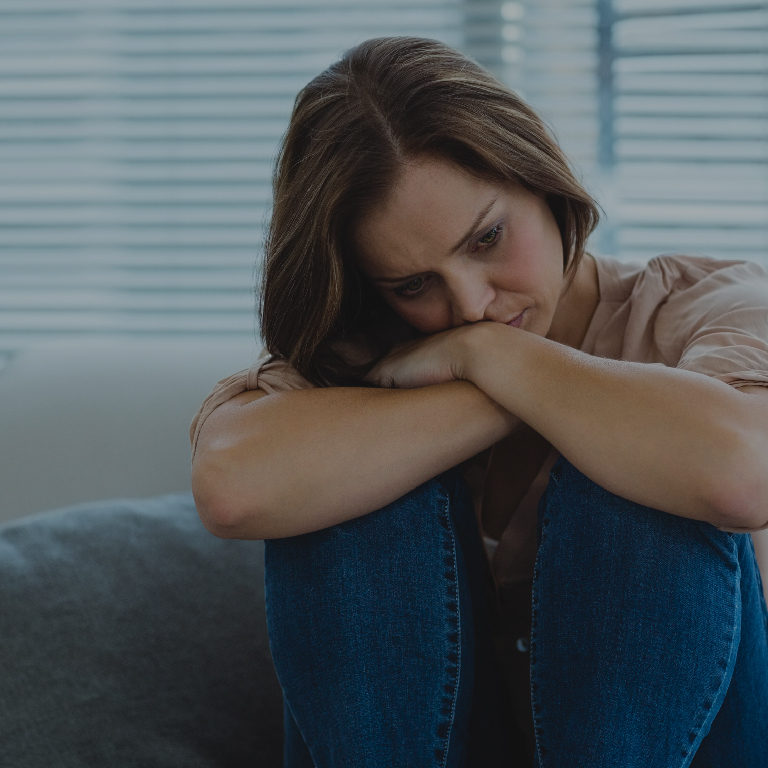At 82, Margaret found herself feeling lonely after her husband’s passing, her social world shrinking as she spent more time alone. Her days blurred together until her daughter encouraged her to join a local gardening group. Margaret eventually began attending weekly meetings, where she rediscovered her passion for plants and found herself a group of new friends.
Slowly, the community she’d lost began to be replaced by a fresh circle of caring, supportive people.
Her experience highlights a powerful truth: as we age, the connections we build in our communities become vital to sustaining mental wellbeing.
Research consistently shows that strong social bonds and active community engagement are key pillars of senior mental health, influencing everything from cognitive function to emotional resilience and overall life satisfaction.
Understanding Community's Impact on Senior Mental Health
The relationship between community engagement and senior mental health extends far beyond simple socialising. Community provides essential structure, purpose, and support during a life stage often marked by significant transitions.
When seniors maintain strong community connections, they experience lower rates of depression, reduced anxiety, and slower cognitive decline.
These benefits stem from the multifaceted nature of community engagement. Social interactions stimulate cognitive function through conversation and shared activities. In addition, a strong community life provides consistent emotional support, helping seniors process life changes and challenges.
Purpose and Identity in Community
Perhaps most importantly, community involvement offers seniors opportunities to maintain meaningful roles and continue contributing to society, fostering a crucial sense of purpose and self-worth.
Whether through volunteering, mentoring, or participating in community organisations, these roles help seniors maintain a strong sense of identity and purpose after retirement. This continuation of meaningful engagement proves crucial for mental health, as it helps counter the loss of professional identity that often accompanies retirement. It provides structure and purpose – two key elements for maintaining mental wellbeing.
Community in Different Living Contexts
Independent Living Communities
For seniors living independently, community often extends beyond immediate neighborhoods to encompass various social circles and activities. These connections might include religious communities, hobby groups, volunteer organisations, or cultural institutions. Such diverse engagement opportunities allow seniors to maintain broad social networks while pursuing meaningful activities that support mental wellbeing.
Aged Care Communities
Within aged care settings, where 56% of expenditure goes toward care and nursing, community takes on special significance. Despite resource constraints, successful aged care communities promote strong social bonds through thoughtfully designed spaces and programs that encourage interaction. These communities create opportunities for meaningful engagement while respecting residents' needs for both social connection and personal space.
How You Can Help
Supporting seniors in building or re-establishing community connections can have a transformative effect on their mental health. Here are some ways to help the seniors in your life:
- Encourage participation in local groups. Search for hobby groups, senior centers, or community classes that match their interests, like book clubs, art classes, or fitness groups. Sometimes, a gentle nudge to attend one meeting can lead to long-lasting connections.
- Explore volunteer or mentorship opportunities. Many seniors have knowledge and skills to share. Volunteering or mentoring can provide them with a sense of purpose and opportunities to give back to the community.
- Organise family gatherings. Regular gatherings that include seniors foster a strong sense of belonging. Encourage family members to bring the senior into their social circles or organise multigenerational events where they feel connected.
Another way you can help is by introducing seniors to simple tech tools like video calls, social media, or community forums that allow them to connect with family, friends, or groups even if they can’t leave home.
Here are some exciting future trends to keep in mind:
- Tech-enabled virtual gatherings. Many communities are now offering virtual spaces where seniors can socialize, attend events, and participate in activities from the comfort of their homes. Virtual reality (VR) technology is starting to allow seniors to “visit” places or experience events, adding a unique and immersive way to stay engaged.
- Intergenerational programs. Programs that connect seniors with younger generations are gaining popularity, creating mutual benefits and bridging generational gaps. Whether through school partnerships, mentorship programs, or shared housing arrangements, these interactions can help seniors feel valued by the wider community.
- Purpose-driven living spaces. Communities are increasingly being designed with spaces for gardening, art, and workshops, allowing seniors to engage in meaningful activities. Whether it’s a small garden plot or a communal art studio, these purpose-driven areas help foster connection, creativity, and satisfaction.
As these trends continue to expand, they open up new ways for seniors to stay connected, find purpose, and thrive in their later years. Embracing these innovations means a brighter, more supportive future for seniors everywhere.
Summary
The role of community in senior mental health extends far beyond basic social interaction. It provides essential structure, purpose, and support that directly influences mental wellbeing. Whether living independently or in care settings, seniors with strong community connections demonstrate better mental health outcomes across multiple measures.




